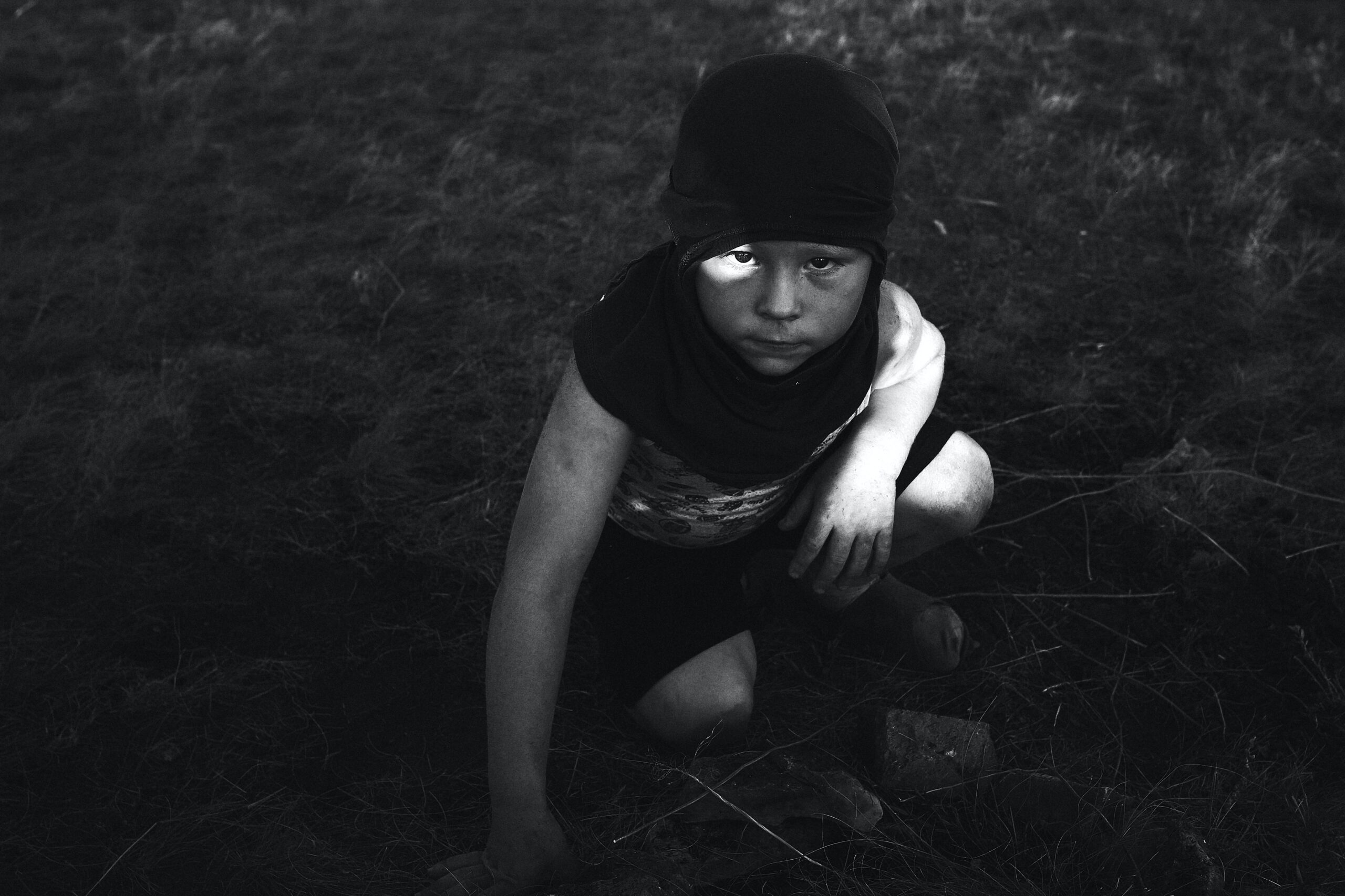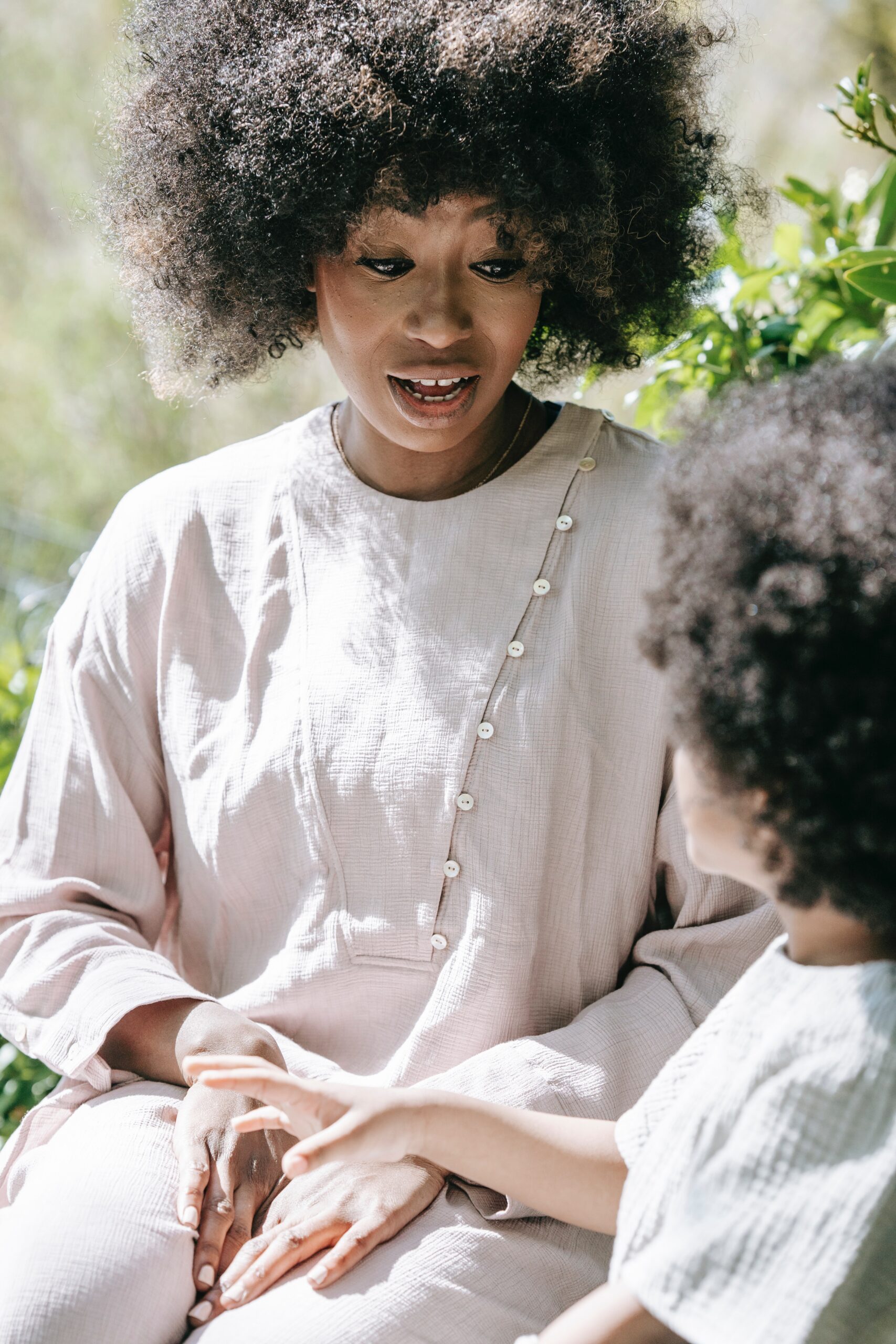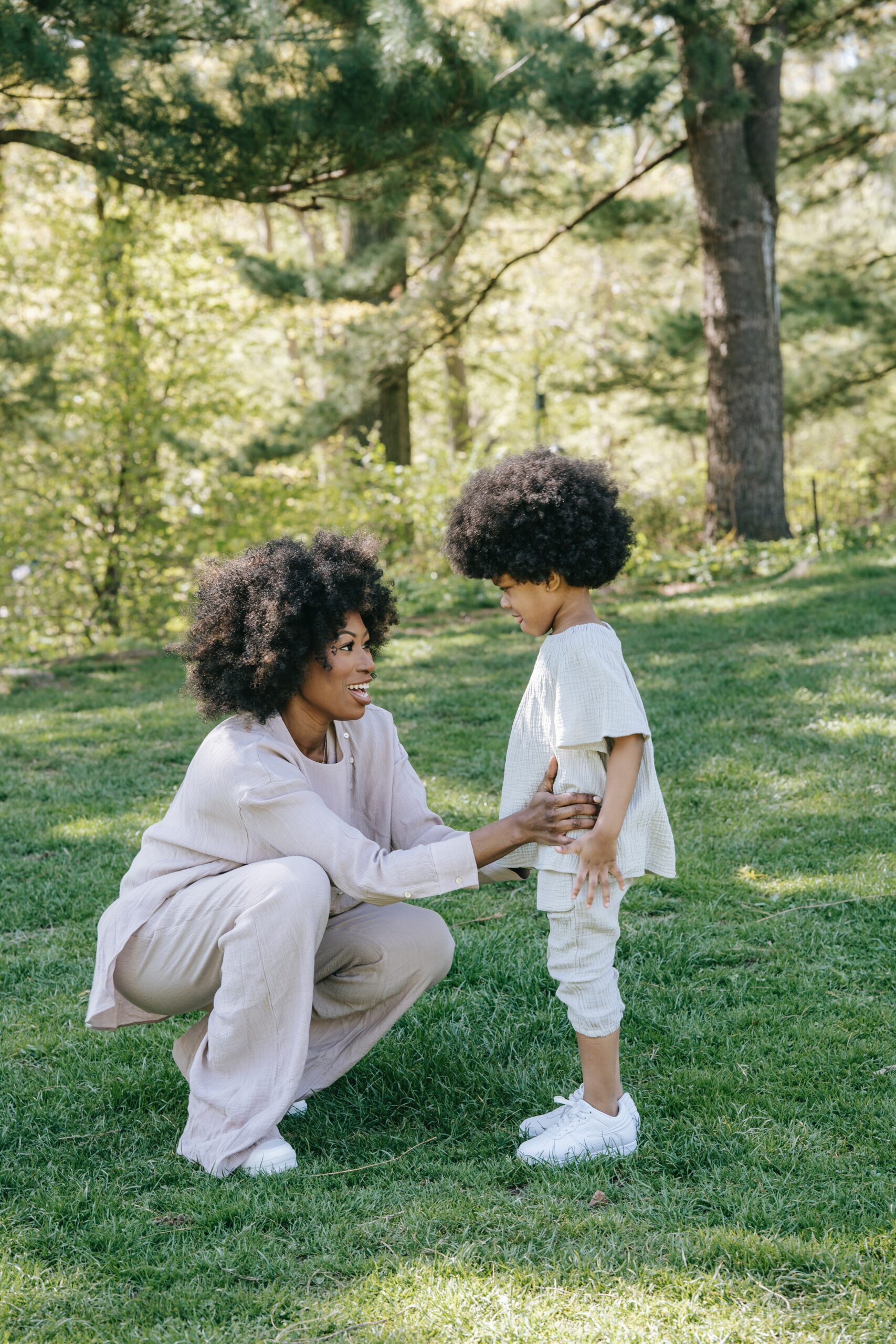Being a Safe Space in Five Ways for Your Child Who Is a Victim of Bullying
Share

Thinking back to my childhood and personal experiences as a victim of bullying while in primary school, I can’t remember much beyond the faces and smirks of the bullies. But the silence and loneliness were what hurt the most and continue to, even as I write this. Not knowing who to talk to about the ordeal. That’s why it baffles me so much when trends blow up because of bullying that claims an innocent young soul. Behind the retweets and Facebook “JusticeFor” hashtags are dismissive teachers, senior learners, and peers who knew the child was a victim but stood by without lifting a finger to help.
I still can’t help but wonder how many things could’ve turned out differently had I been helped. Maybe I wouldn’t be as nervous as I am now around new people and strangers. Maybe I would be more trusting and relaxed in foreign environments. In essence, the past left a scar on me. Others didn’t survive theirs. And as a survivor and a child who’s gone through it, here are five things I gathered from my inner child for parents out there:
- It Helps to Ask.
I was ashamed to bring it up when it started happening, and I’d like to think other children feel the same way. As a mom, you have that maternal instinct—you know what I mean. Your child slouches into the house after a long school day, and you just know. That sixth sense starts tingling. Your little boy coming back with a dirty school uniform because he played too hard is different from when he has been cornered and beaten after school.
Kids grow anxious; I know I was during those days. Joyless. Just never felt like talking about it either, and I held it close to my heart that nobody cared—not even the teachers who’d seen everything happening from the window but just carried on sipping their coffee. That’s why you should ask, dear mommy. Don’t let your child feel they are alone when you’re there. Make time for them.
- Talk to Them About the Day.
Not just about academics. Use that super momma instinct. Pay close attention to how they answer – nervous pauses, avoiding eye contact, poor body language. Think about other minor details like missing stationery unaccounted for, scabs on their bodies, and barked skin.
- Normalise Being Gentle Toward Them.
Kids find it easier to talk when they know they won’t be judged or criticised. When they don’t want to talk, be patient. Be gentle. The ice between you will melt if you wait on them long enough. Compassion always wins.


- Notice Sudden Behavioural Changes and Erratic Moods.
Sometimes your child is not being rude for answering you badly when asked about school. Perhaps your little girl is not “becoming lazy” simply because she doesn’t feel like doing her homework. Maybe your boy isn’t being “an ungrateful brat” for suddenly wanting to switch schools. There’s often an ostensible reason why they’re not looking forward to going back to school.
Children are complex mini people – remember that, mommy. Belting or scolding them because they aren’t the usual selves you expect them to be might only make them retreat into their shell.
- Believe Your Child.
This is the golden rule. If your child knows you’ll side with them and give them your ear instead of the third degree, they might find it easier to open up.
Awareness about child victims of bullying shouldn’t be something that starts and stops with social media outcries caused by a child victim’s suicide. These tragedies happen daily, and they occur because our kids feel alone and with nobody reliable to turn to. Check up on your little ones often. Be attentive. Being a safe space for your child who is a victim of bullying is the best medicine you can give them for this long-lasting wound.





